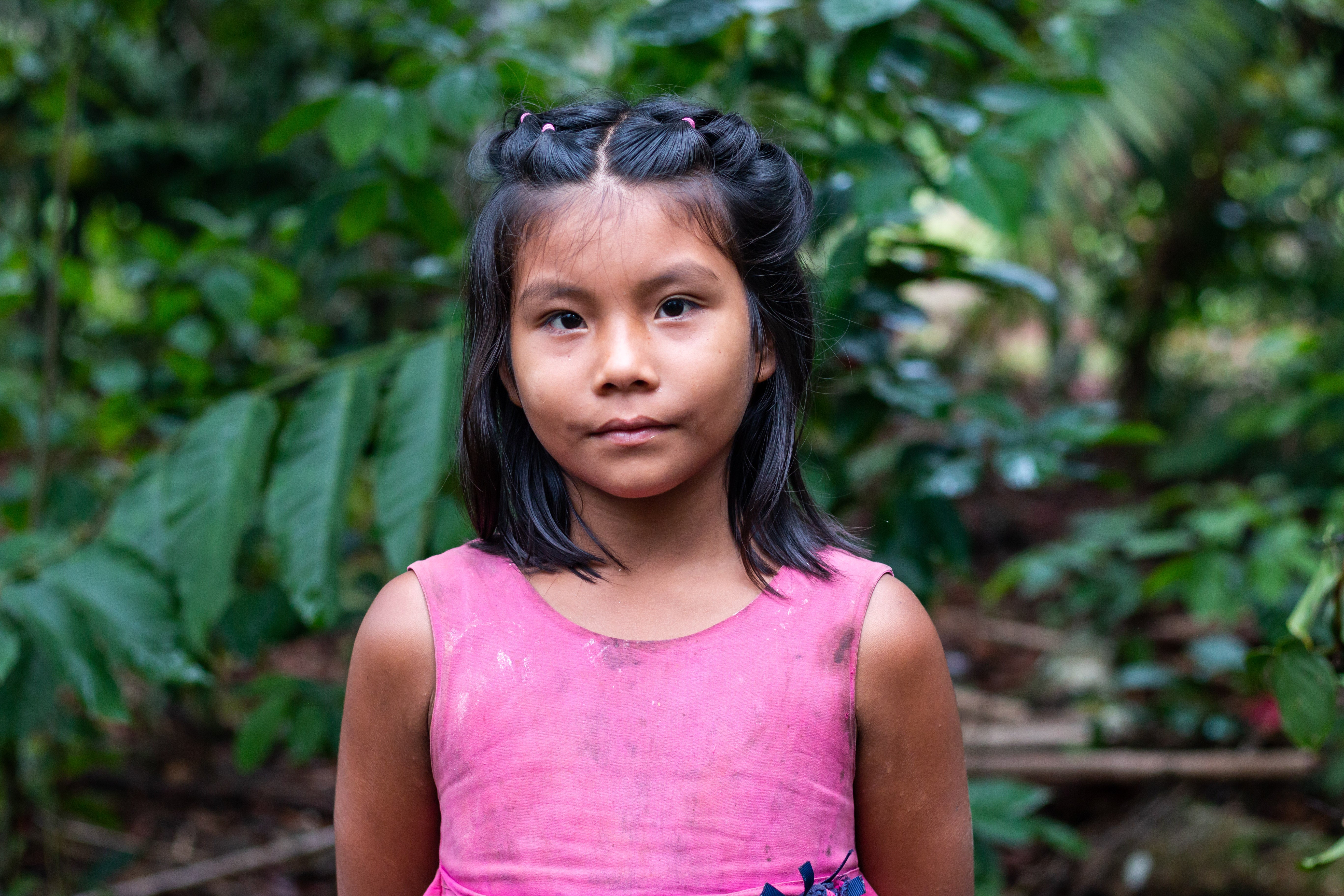The UN has established that meeting the Sustainable Development Goals by 2030 will be impossible for countries with low economic growth. Progress is currently being made in many places, but in general, measures to achieve these objectives are not yet being developed at the speed and scale required. For this reason, 2020 was framed as the beginning of a decade of ambitious actions in order to achieve the Goals to comply with the United Nations 2030 Agenda . It is not an easy task, but we continue to bet on building a more equitable, sustainable and peaceful world .
Do you want to know what the SDGs are? Click here

The United Nations Development Program proposes that "As a human species we have never done anything like this. It is an unexplored field: we are going to have to revolutionize the way we live and work, in which we produce energy and food, in which we deliver the justice and empowering the most disadvantaged.Yet we have no other way than to step up, we can already, almost daily, see the cost of inaction in real time, the widespread political and climate change protests, the burning of entire forests, unprecedented levels of desertification, the flooding of ancient cities, and the forced migration of millions of people."1 With the SDGs we are faced with a course of action never before proposed by humanity, a necessary global compact for the creation of a future in which we are all participants.
1. By Deadline 2030
Why do we have hope?
![]()
Ten years after the deadline for the fulfillment of the Sustainable Development Goals of the 2030 Agenda, the UN has marked 2020 as the beginning of a decade of ambitious actions in order to unite efforts to fulfill the promise of a world more sustainable and equitable. In September 2019, the UN Secretary General called on all sectors of society to mobilize and join forces for action at the global, local and personal levels. This decade of action requires accelerating solutions to the main challenges we face as humanity and likewise calls on all people to make the global goals their own, since fulfilling the promise of the 2030 Agenda requires that each act both individually and collectively.
 It is everyone's duty to contribute to the fulfillment of the Objectives of the 2030 Agenda to build a more sustainable future starting today.
It is everyone's duty to contribute to the fulfillment of the Objectives of the 2030 Agenda to build a more sustainable future starting today.
This is how we contribute to the fulfillment of the SDGs
We believe that change is possible and we dream of living a future in harmony with nature and humanity. This is why we care about contributing with our work to the Sustainable Development Goals. We want to be part of that action route that seeks to build a better planet, we tell you how we do it:
Decent work and economic growth: Promote sustained, inclusive and sustainable economic growth, full and productive employment and decent work for all.
The economic growth of indigenous and peasant communities is deficient, which is why Saving the Amazon, in the development of its programs, works hand in hand with indigenous and native communities of the department of Vaupés, where families receive a monthly allowance for planting and care of the tree species, of which the resources produced by planting can be used by the population and be an additional economic income. This project generates decent, sustainable work and economic growth in the communities. Read more about SDG 8 Here

Reduced inequalities: Reduce inequalities within and between countries.
Social inequality in the world is increasing and the lack of job opportunities contribute to this problem. In our projects we have included the population of the indigenous and Creole communities without any distinction of any kind, in which their remuneration and use are generated in an equitable manner. Learn more about the work that has been carried out worldwide to achieve this goal.

Responsible consumption and production: Ensuring sustainable consumption and production patterns
Together with the communities linked to the projects, we have promoted the creation of ecological jobs, carrying out reforestation activities, where the resources produced by the crops are used to the maximum, that is, the edible seeds and those produced by the fruits. These are replanted and the materials generated by the species are used by the population to meet the needs of daily living, without affecting the subsistence of the plants. Being these projects producers of sustainable jobs emphasized in the protection of the environment. Also read: Responsible production and consumption
We are working to achieve our common vision of eradicating poverty, rescuing the planet and building a peaceful world. We need your help to achieve it. Will you join us? adopt a tree here





Comments
La preocupación no debe ser salvar el planeta, solo salvar la Antrosfera o Antroposfera que es el espacio vital de la humanidad, su huella ecológica y ese espacio es menos del 0,021 % del volumen de la tierra. Esto en términos de menor trabajo y menor inversión. Además el hombre no ocupa la totalidad del planeta solo es pequeño porcentaje de ella menos del 0,021 % del volumen total planetario.
Buenos días. Como Diseñador Industrial estamos siempre aportando desde la docencia en los trabajos prácticos desde un enfoque multidisciplinar por medio de encuestas, consultas y evaluaciones además de orientación en la resolución de proyectos